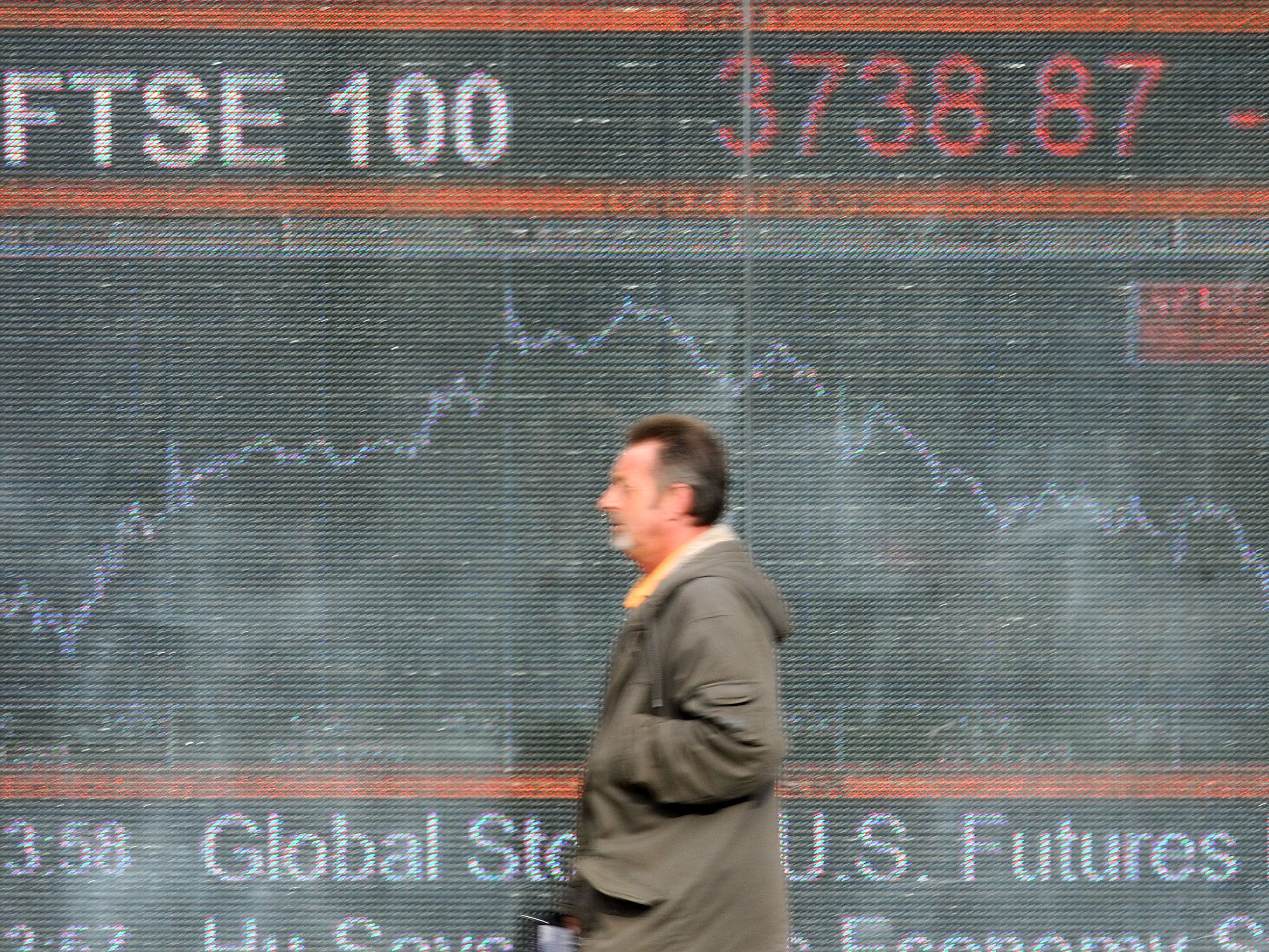My prediction for markets next year? Forecasters will be wrong
If there has ever been a year to show passive investing is far from passive, this is it

Investors have not had an easy 2015. It all started well: the FTSE 100 broke through 7,000 for the first time in over a decade and went on to reach an all-time high of more than 7,100 in April. But now, as I write my final column for the year, the index has headed below 6,000. We can only hope this is a brief correction, albeit a painful one.
Yet the UK stock market as a whole has not fared as badly as the headlines suggest. For example, the largest 20 stocks on the FTSE 100 account for nearly 50 per cent of the total weighting, and stocks caught by the crash in commodity and oil prices feature heavily among them, skewing the overall figure.
If there has ever been a year to show passive investing is far from passive, this is it – for picking which index to follow is just as important as selecting the right active manager. As I write, the FTSE 100 has fallen 5.7 per cent for the year, yet the 250 index is up 7.8 per cent and the small-cap index 5.2 per cent.
Good news doesn’t sell newspapers so there tends to be an over-concentration on doom and gloom. But while passive investors in the FTSE 100 and those investing directly in oil and mining companies have had an atrocious year, the rest of us haven’t fared too badly. In fact, I would argue that the decline in the oil price has had a positive effect on most countries and the consumers within them. Domestic heating oil has halved in price over the past few years and petrol has fallen below £1 per litre, leaving more in people’s pockets to spend elsewhere.
Enjoy it while you can, though; George Osborne hasn’t hiked fuel taxes for a long while and I cannot believe he won’t see this as the perfect time to do so.
With the end of the year will come hundreds of predictions for 2016 – most of which will be wrong. The media ask for predictions and the commentators give answers – but my advice here is simple: if there is an overall consensus, you can almost guarantee it will be wrong.
In my view, non-mainstream that it is, US interest rates may rise but the decision will be quickly reversed. We may even see the introduction of quantitative easing part 4.
While it is usual for the UK to follow any US interest rate rise some three to six months later, I don’t think we are in anything like a usual environment. Indeed, I believe we are only half to three-quarters of the way through the financial crisis and I am not sure rates in the UK will go up in 2016 at all. In fact they might even go down.
It strikes me that the world is suffering from an over-supply of many commodities against a background of lower demand. I am not suggesting a recession, but it is widely accepted that global growth will be below par for the next few years. As a consequence, any mistakes made by central banks and governments will be magnified. This is likely to mean economic data will be more closely scrutinised, which could lead to greater market volatility.
A few final thoughts on the year ahead. First, investors will need to be patient. I always suggest a good dollop of cash is kept back for emergencies, and for pouncing on opportunities – just don’t expect an imminent improvement in the rate of interest it will earn.
Second, although many investors have written off Asian and emerging markets, there is a huge expansion in the growth-driving middle class in these regions. So don’t give up on this area – in fact, this period of weakness provides an opportunity to top up exposure to the region at lower prices.
Finally, don’t forget your own stock market. The UK is often written off by UK investors, especially small and medium-sized companies – though these areas have proved great investments over the longer term. Focusing on those that pay a healthy dividend can help smooth returns through volatile times, and can result in greater overall return than are often achieved through a reliance on capital growth.
I wish you all a very happy and prosperous 2016.
Subscribe to Independent Premium to bookmark this article
Want to bookmark your favourite articles and stories to read or reference later? Start your Independent Premium subscription today.

Join our commenting forum
Join thought-provoking conversations, follow other Independent readers and see their replies